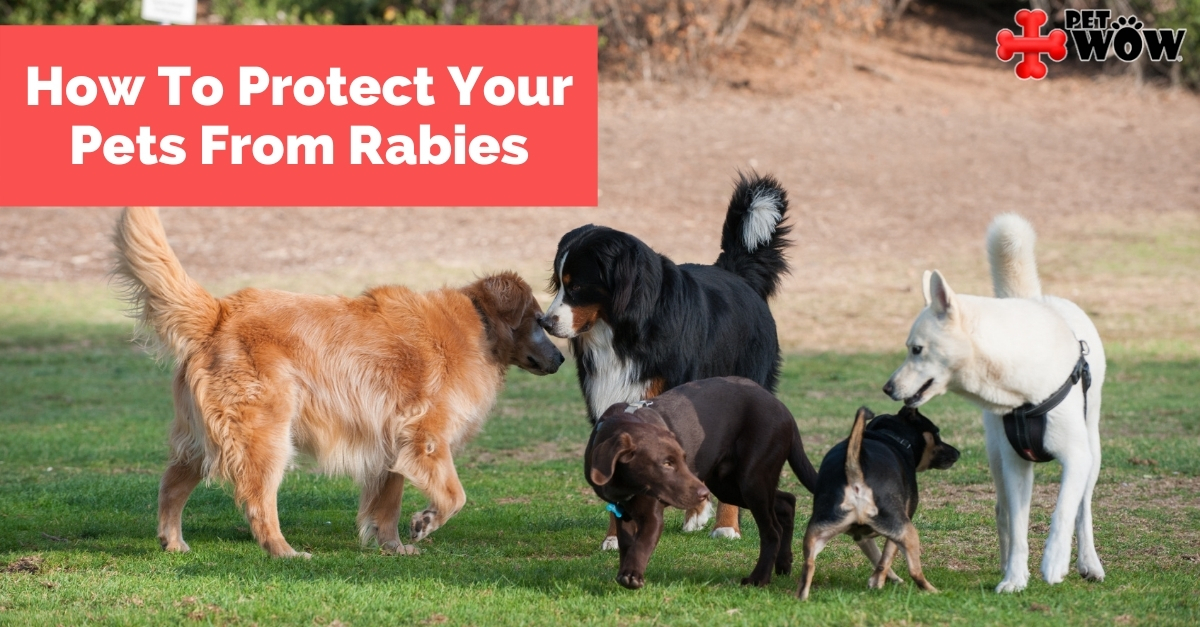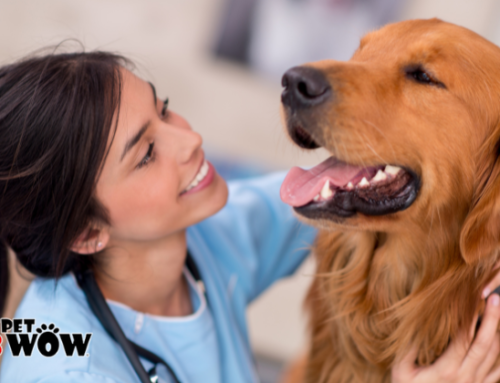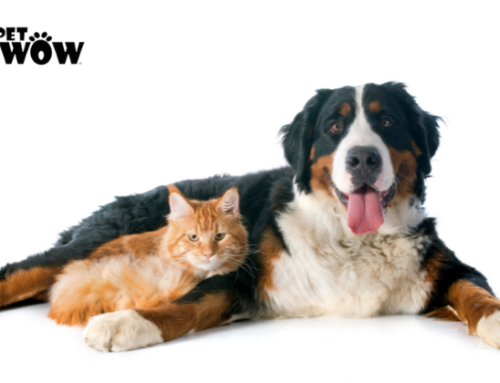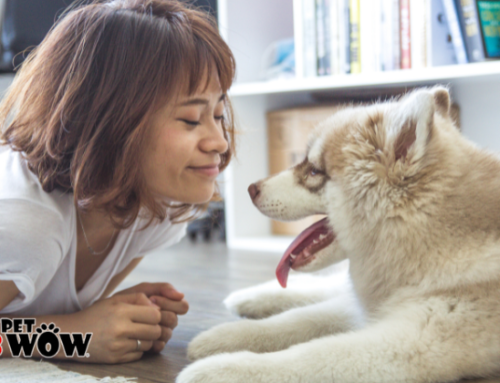Our pets mean the world to us and we’d do anything to protect them. While there are many dangers to avoid, one of the most important things you need to protect them from is rabies, a deadly disease caused by a virus that attacks the nervous system. Transmitted via saliva, once the symptoms appear, rabies is nearly always fatal. While more common in wild animals, rabies impacts all mammals, including dogs, cats, rabbits, ferrets, goats, sheep and pigs.
Symptoms Of Rabies
Once the virus enters the body, it travels along the nerves to the brain. Animals with rabies may show many different symptoms, including unusual aggression, fear, aggression, excessive drooling, difficulty swallowing, inability to walk well, paralysis and/or seizures.
Importance of Vaccination
Having your pets vaccinated is the most important thing you can do to prevent your pet from getting the virus. Your pet may have specific needs so check with your vet, but typically animals should receive their first vaccine at 12 weeks, with booster shots needed at age 1, then every three years.
Watch Pets Outdoors
Especially until the age of 1, puppies and kittens are more susceptible to rabies because they haven’t fully built up immunity. But even older pets shouldn’t be left alone outdoors. An unattended pet is more likely to come into contact with wildlife, who are at greater risk of having rabies.
What To Do If Your Pet Has Come Into Contact With Wildlife
If your pet is not vaccinated and is bitten by wildlife or a dog of unknown status who then runs off, call your vet. Because there is no way to test for rabies on a live animal, your vet can help you quarantine your pet until enough time has passed to see if your pet develops symptoms. This quarantine period may either be in a special state approved facility or within your own home, depending on state law. If your pet has been vaccinated, your vet may recommend an immediate rabies booster.
Remembering these tips will help keep your family’s pets safe and happy, which has been PetWow’s goal since we opened in 1998. To schedule your appointment or to ask questions, please call us at 513-738-9691 or email info@petwow.com. For more pet care tips, follow us on Facebook, Twitter, Instagram, Pinterest or LinkedIn!







